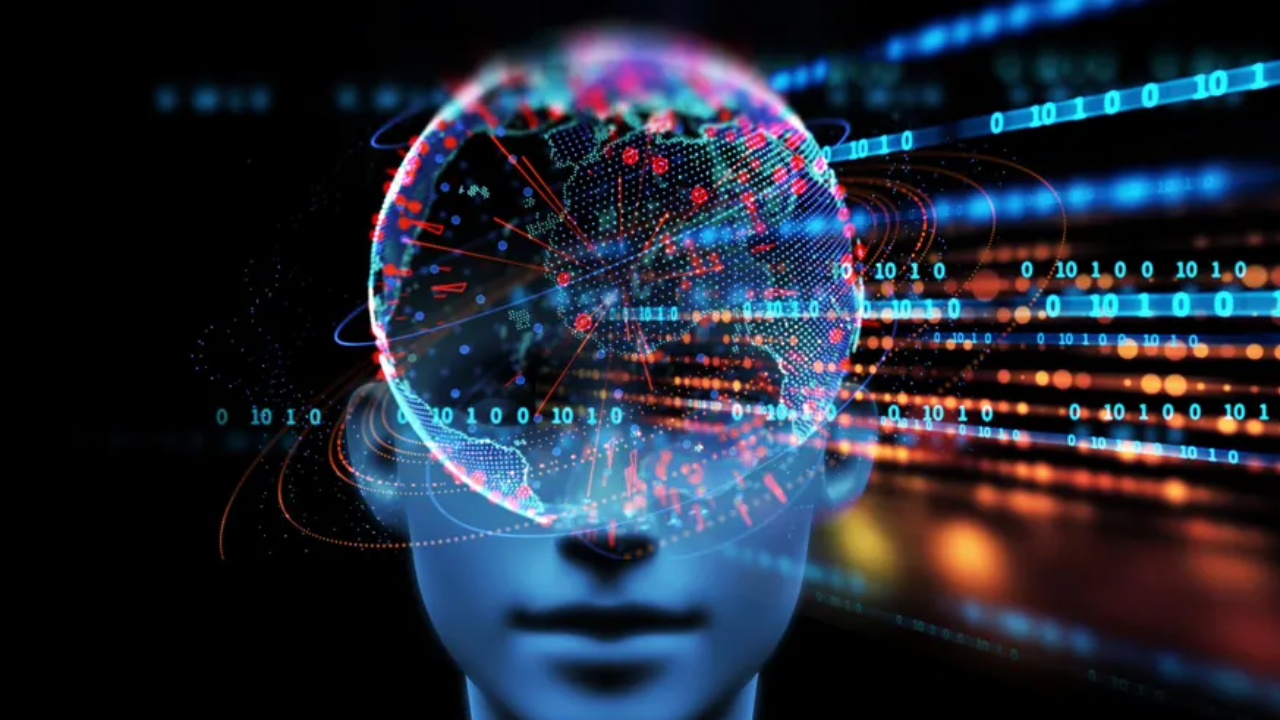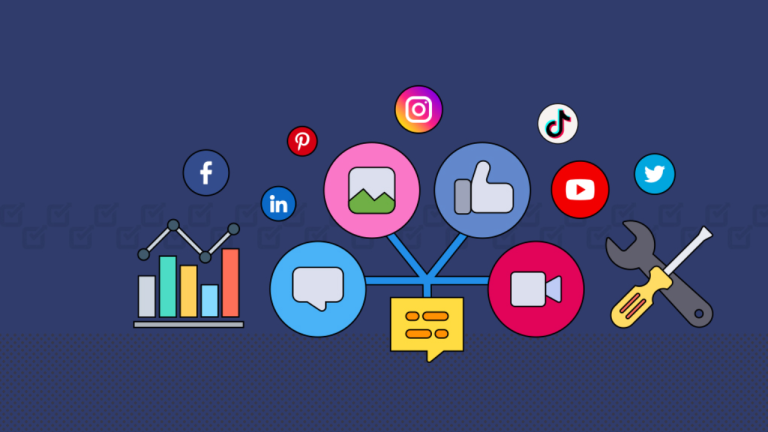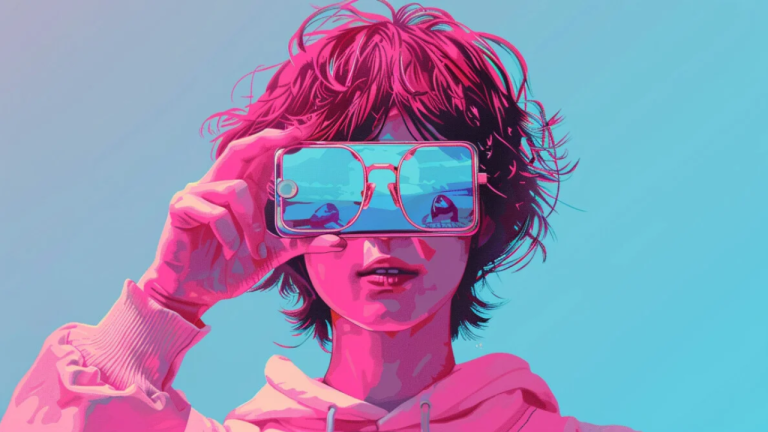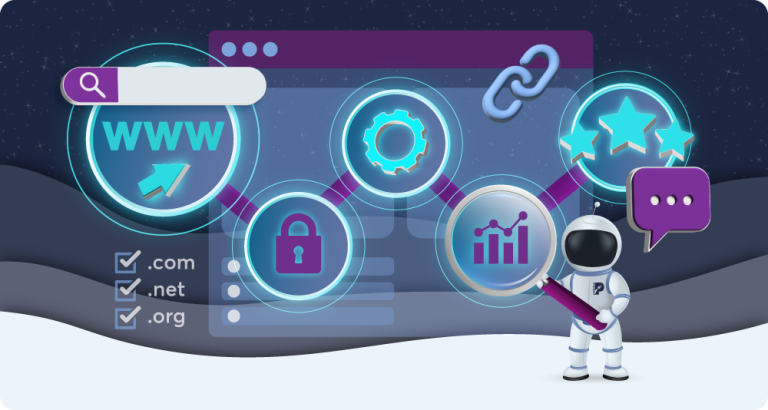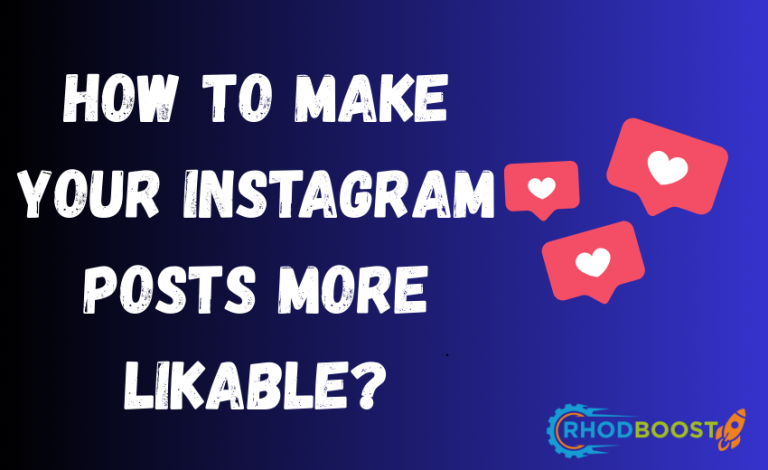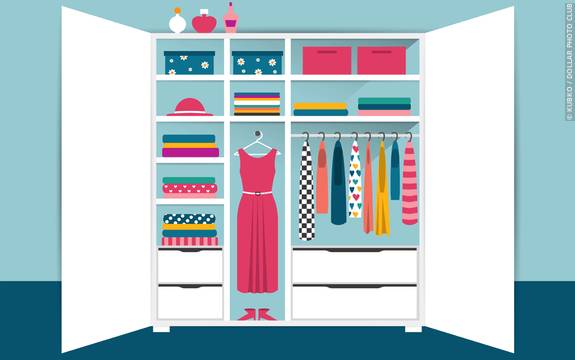Entertainment Meets AI: How Celebs Are Using Artificial Intelligence
In 2025, the worlds of entertainment and technology are more intertwined than ever. Artificial intelligence (AI) is no longer a futuristic concept—it’s a present-day force driving creativity, branding, and interaction across the entertainment industry. From deepfake music videos to AI-generated fashion collections, celebrities are not just using AI—they’re building careers and brands around it.
This article explores how AI is reshaping the entertainment landscape, how celebrities are using it to stay ahead of the curve, and what this means for fans, creators, and the future of fame.
1. AI in Music: Changing the Way Songs Are Made
One of the most disruptive areas where AI has made its mark is in the music industry. Celebrities and musicians are now experimenting with AI tools to compose, remix, and even generate vocals.
How It Works:
- AI platforms like Suno, Boomy, and Aiva can compose background tracks and melodies based on genre and mood.
- Voice synthesis tools allow artists to replicate their own voice or even collaborate with AI-generated voices.
Celebs Leading the Trend:
- Grimes has allowed fans to use her AI voice model to create songs, giving them rights to share revenue.
- Drake and The Weeknd became the faces of the AI hit “Heart on My Sleeve,” though the track was AI-generated and not officially released by them.
Impact:
Musicians can now prototype full songs in hours instead of days, and fans can collaborate in ways never before possible. The barrier between artist and audience is breaking down thanks to AI.
2. Deepfake Technology in Film and Video
Deepfake technology has evolved into a mainstream tool for actors and filmmakers. It allows digital recreation of a celebrity’s face, body, or voice, with a level of accuracy that was once reserved for blockbuster-level CGI budgets.
Where It’s Used:
- De-aging actors in movies and TV shows
- Replacing stunt doubles with digital face swaps
- Re-creating deceased actors for special cameos
Recent Examples:
- Tom Hanks gave permission to digitally clone his likeness for an AI-driven film project.
- Carrie Fisher appeared posthumously in Star Wars: The Rise of Skywalker using advanced deepfake tools and archival footage.
Impact:
AI-driven deepfakes are reducing production time and cost while offering new creative freedom. However, it also raises legal and ethical questions about consent and digital identity.
3. Virtual Avatars and AI-Generated Influencers
The line between celebrity and avatar is becoming increasingly blurry. Many celebrities are now creating AI-powered virtual versions of themselves for social media, events, and even performances.
What Are AI Avatars?
- AI avatars are digital representations of celebrities powered by generative algorithms.
- These avatars can speak, move, perform, and interact with fans in real time.
Who’s Doing It?
- Lil Miquela, an AI-generated influencer, paved the way—but now real celebrities like Travis Scott and Justin Bieber are performing via their virtual selves in the metaverse.
- K-pop stars are releasing performances featuring AI-enhanced visuals and choreography.
Impact:
Virtual avatars allow celebrities to engage with global audiences around the clock without physically being there. Concerts in the metaverse and digital brand endorsements are becoming the new normal.
4. AI-Powered Fashion and Style
AI is also influencing the way celebrities dress, launch fashion lines, and curate their public image.
How Celebs Are Using AI in Fashion:
- AI tools generate custom clothing designs based on a celebrity’s past style.
- Machine learning suggests new outfit combinations optimized for social engagement.
Notable Projects:
- Zendaya has collaborated with AI-driven fashion tech firms to create futuristic red carpet looks.
- Rihanna’s Fenty brand uses AI to predict style trends and optimize seasonal releases.
Impact:
AI is accelerating design timelines, improving brand targeting, and making fashion more responsive to current culture and fan preferences.
5. Personalized Fan Engagement with AI
Celebrities are using AI to connect with fans on a more personal level, through chatbots, smart replies, and voice assistants.
Features in Use:
- AI bots simulate direct messages from celebrities to fans.
- Personalized birthday greetings and content suggestions based on fan data.
Examples:
- Will Smith’s digital team uses AI chatbots to manage fan engagement across platforms.
- Taylor Swift’s marketing team has tested AI-generated responses for concert ticket questions and album release promotions.
Impact:
This level of scaleable personalization deepens fan loyalty while making celebrity-fan interaction feel more meaningful and immediate.
6. AI in Content Creation and Scriptwriting
AI tools are now helping writers, producers, and celebs brainstorm scripts, dialogue, and content outlines.
Use Cases:
- Script generation for short films and online skits
- Dialogue enhancement and plot development
- Mood-based scene suggestion tools
In Action:
- Jordan Peele has discussed using AI to refine screenplay dialogue.
- Netflix and Hulu have begun experimenting with AI-generated outlines and storyboarding tools.
Impact:
Writers still lead the creative process, but AI offers a creative partner that never sleeps. It saves time, reduces writer’s block, and introduces fresh narrative ideas.
7. AI and Mental Wellness for Celebrities
Behind the fame lies pressure—and AI is helping stars manage mental health.
Wellness Tools:
- AI-based journaling apps and mood trackers
- Virtual therapy assistants
- Sleep and anxiety pattern analysis
Adoption:
- Lady Gaga, known for mental health advocacy, is rumored to be part of a wellness AI initiative.
- Influencers are promoting AI mindfulness apps that analyze voice tone and facial expression to track emotional health.
Impact:
The use of AI in this space not only helps celebrities perform better but also sets an example for fans who may benefit from similar tools.
The Future of Celebrity Culture in an AI-Driven World
As AI continues to evolve, so too does the definition of celebrity. Fame in 2025 is no longer just about being in front of the camera—it’s about being innovative, adaptive, and digitally present across multiple dimensions.
Celebrities are not just subjects of AI—they are becoming collaborators with it, using it to shape their art, deepen connections, and future-proof their brands.
Challenges and Considerations
While the excitement is real, AI in entertainment also raises serious concerns:
- Privacy: How much fan data should be used for personalization?
- Consent: Who owns a celebrity’s voice, face, or AI clone?
- Creativity vs Automation: Does AI enhance or dilute originality?
These questions are being debated by lawyers, creators, and fans alike. But one thing is certain—AI is not a passing trend in entertainment. It’s a permanent co-star.
Final Thoughts
Artificial intelligence is no longer confined to tech conferences and labs—it’s walking the red carpet, dropping albums, modeling outfits, and chatting with fans. Celebrities who embrace AI are not just staying relevant—they are leading the way into a new era of entertainment.
As the landscape continues to shift, platforms like Aiotechnical.com will play a key role in tracking these transformations and helping readers stay informed, engaged, and inspired by the possibilities of this new digital frontier.
